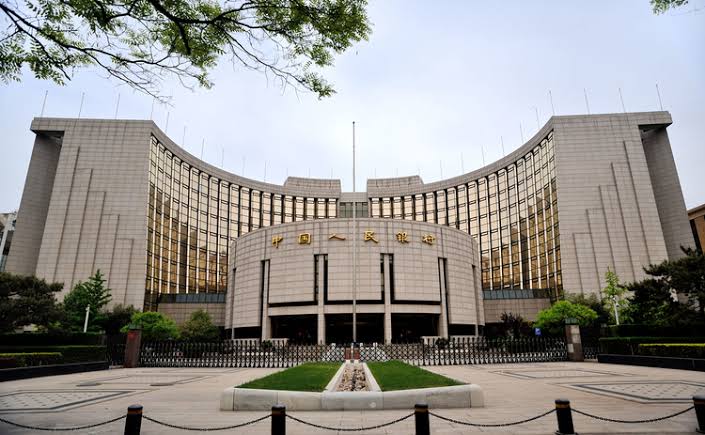China is set to inject 1 trillion yuan in long-term liquidity into the economy

The People’s Bank of China said on Friday that it would cut the reserve requirement ratio (RRR) by 50 basis points for all banks. The new order is set to take effect from July 15.
“We think this broad-based RRR cut could boost market sentiment in the short term and improve stock market liquidity,” wrote UBS analysts Lai Meng and Eric Lin, in a note on Monday.
The move to cut the amount of funds banks hold in reserve may likely boost market sentiment which could be good news for stocks in certain sectors, according to investment bank UBS. The move will release 1 trillion yuan ($154 billion) in long-term liquidity into the economy.
A lowering of the amounts that banks are expected to hold in their coffers will increase the supply of money that banks can lend to borrowers. While the target is long-term, in the short-term the economy may witness a boost in liquidity sensitive sectors such as IT and media, aerospace and defense, and electronics, according to UBS. Narrowing it down, companies with strong earnings expectations such as electric vehicles and batteries companies could also outperform the market.
However, the bank mentioned that China’s slowing economic growth may result in a short-lived market rally.
“The RRR cut has, to some extent, added to equity investor’s concerns that the economic recovery in Q2-Q3 (this year) may not be as good as the market expected,” Meng and Lin wrote. “In our view, the absence of a directional shift to monetary policy loosening, the additional liquidity will not drive a sustained market rally.” They added that investors are concerned over the slow pace of China’s economic recovery from the coronavirus pandemic in the second and third quarters of this year. In effect, that may weigh on the banking, insurance and consumer sectors.
Andrew Tilton, chief Asia Pacific economist at Goldman Sachs told CNBC on Monday that the Chinese central bank’s decision to proceed with the cut means that the country has acknowledged the risks to the country’s growth. It indicates that the Chinese “authorities are paying attention and alert to the possibility of downside risks.”
Another group of analysts at Eurasia Group has said the move is an “acknowledgment of strong headwinds to corporate profitability, financial stability and growth.”
Vishnu Varathan, head of economics and strategy at Mizuho Bank in a note on Monday said the move does not “detract from PBOC’s ‘prudent’ monetary stance that’s done with emphatic easing.” He added that the move is focused on calibrating credit, that is to restrain credit to frothy or speculative sectors while boosting it for small- and medium-sized enterprises.


Be the first to comment!
You must login to comment